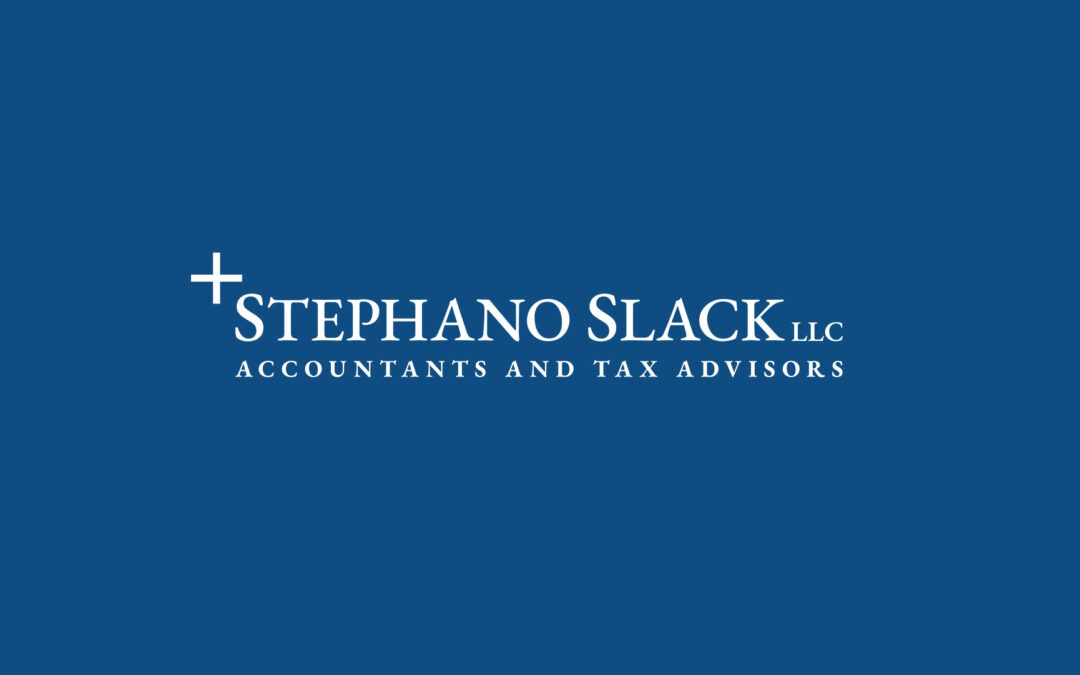Who is Required to have a 401(k) Audit and Why is it Important?
Any employer who elects the 80/120 rule who has over 120 eligible employees at the beginning of the plan year is required to have an audit for that period. The Plan will then be required to have an audit each year until it falls under 100 eligible employees.
The Department of Labor (DOL) conducted fewer audits during 2017 than in prior years, however, they issued more fines. Form 5500, the Annual Return/Report of Employee Benefit Plans, is required to be filed by July 31 or October 15 (if extended). Late filing penalties for the IRS are $25 per day, up to a maximum of $15,000, while DOL late filing penalties are up to $2,140 per day with no maximum! These fines are all late filing penalties, not taking into account any further fines that may be added for non-compliant plans that stray from DOL audit requirements. The DOL uses high tech algorithms to analyze Form 5500, find common discrepancies during audits and make it easier to find common errors associated with employee benefit plans.
How to Prepare for an Audit
- Search for a CPA Firm with a known track record of high quality audit and client service in the employee benefit audit sector.
- Maintain consistent contact with your Third-Party Administrator (TPA). The TPA directs the day to day administrative functions of the 401(k).
- Establish an Investment or Administrative Committee made up of key employees with the company, TPA contact, and the Plan’s investment advisor to discuss ways to make the plan more attractive and work out any issues with the plan.
- When available, review the audit package (which typically includes the draft form 5500) received from the TPA and associated trust statements.
- Assess and review the request list provided by the CPA firm conducting the 401(k) audit. Many of the audit package items will be requested as well as administrative documents and various payroll reports. Determine who will provide specific reports requested to the auditor and establish a timetable of when all of the information will become available.
- Discuss the timing of fieldwork in conjunction with when the items requested will be available with your CPA.
- During audit fieldwork, be available for the auditor to ask questions and work through any issues discovered through audit testing.
- After the CPA conducts fieldwork, continue conversation and follow up regarding open items needed by the auditor.
- When the audit is completed and financial statements are approved, file Form 5500.
- As always, keep in touch with the CPA throughout the year and ask questions regarding potential issues that may arise. It is always better to stay ahead of potential problems than attempting to fix them during the audit. The CPA should be available to serve you year round, not only during the audit.
If you have any questions or would like to inquire regarding the employee benefit plan audit process, please feel free to reach out to a Stephano Slack representative to guide you through the process.
Patrick Dougherty
610-687-1600



Recent Comments